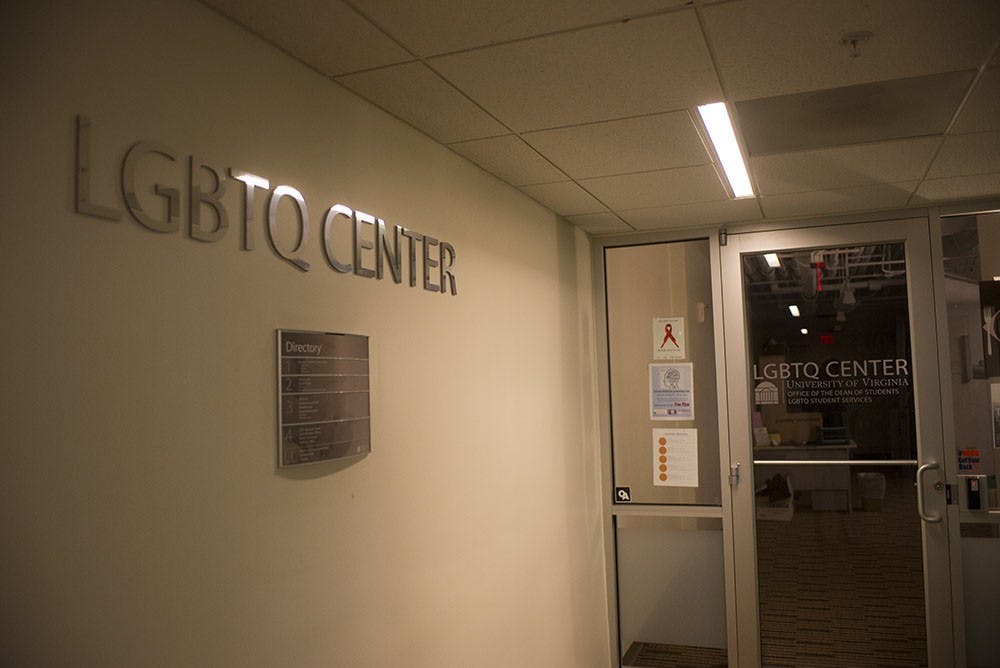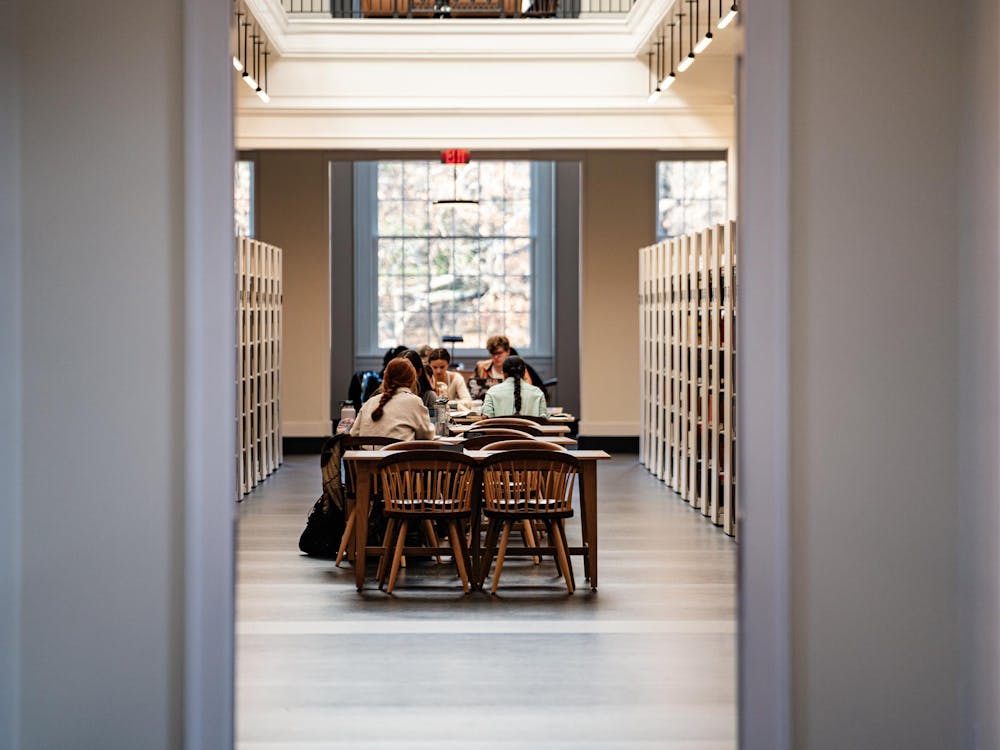The University LGBTQ Center co-sponsored an HIV/AIDS testing event Friday with Thrive of Charlottesville, a non-profit organization aimed at providing medical care to the Charlottesville community.
“The goal [of the event was] to spread awareness while breaking the stigma of HIV/AIDS in the community at large and [in] the LGBTQ community in specific,” said third-year College student Connor Roessler, a health education intern for the Center. “Thrive of Charlottesville was instrumental in putting on the event itself as well.”
More than 1.1 million people in the United States currently have HIV, and 15.8 percent are unaware of their infection, according to the Center for Disease Control and Prevention. One in four new HIV infections occurs in people aged 13 to 24.
“Nationally, the number of people [with HIV] between the ages of 13 and 24 — which includes most U.Va. students — has risen 22 percent over the last two years,” Thrive Healthcare Coordinator Eric Mayes said. “So, while many segments of the population are seeing falling HIV rates, teens and young adults are seeing increases. It’s really important that everyone in that age range gets tested.”
Though Thrive of Charlottesville — formerly known as the AIDS/HIV Services Group, or ASG, until April — focuses primarily on HIV care and other chronic diseases, it also offers a number of services to the community, including housing, life coaching, education and other medical services.
“The AIDS crisis was reaching its peak in the late ‘80s — and for most people, an AIDS diagnosis meant ostracism and dying,” Mayes said. “ASG was formed by a group of volunteers that took care of members of the community that no one else would care for. As the face of the epidemic changed, so did ASG’s work, and eventually we came to offer a number of services to the community.”
The organization has partnered with the University and the LGBTQ Center for almost a decade, working to provide testing and services to students.
“Thrive of Charlottesville has been our partner because of their work to provide free and confidential tests with a comprehensive support network that is so willing to work with the University community,” Roessler said.
Students who wished to get tested at Friday’s event went through a simple two-step process of filling out paperwork and subsequent testing by either an oral swab or finger stick. Unlike clinical testing, Thrive’s free, rapid testing service offers results within 20 minutes.
“It’s very non-invasive, very comfortable and very fast,” said third-year College student Trisha Hongcharti, who decided to get tested. “They had us fill out a form with basic health information … mostly [for] demographics … but it’s all anonymous [and] confidential.”
For students who have an initial reactive test, a second test, called a “double blind,” is then conducted. Those who test positive are directed to resources to help them address their physical, mental and emotional well-being, Roessler said.
“Anyone who tests positive is provided with counseling on the spot and immediately connected to a doctor or other health care practitioner, who can make sure they have follow-up care, including medication,” Mayes said.
The HIV/AIDS testing event was moved to the LGBTQ Center this year, in hopes of providing more discreet testing and increasing turnout.
“Last year, we had it in the Kaleidoscope Room — so if you went to that room, you were going for that testing,” Hongcharti said. “[This] will increase turnout and confidentiality for people who might not feel comfortable coming to the testing. [The test] is not just for people who think they have [HIV] — it’s for anybody. Someone can be born HIV positive and not ever know it.”





